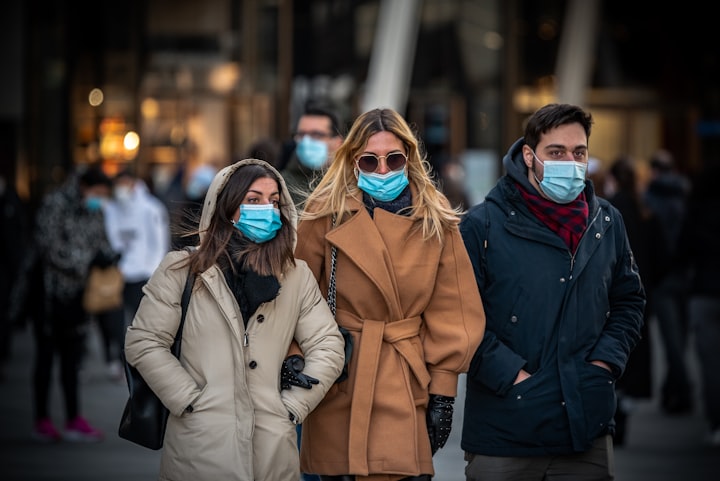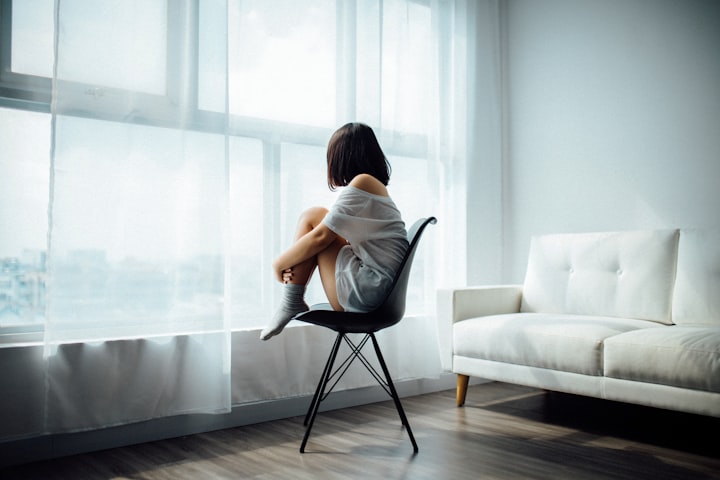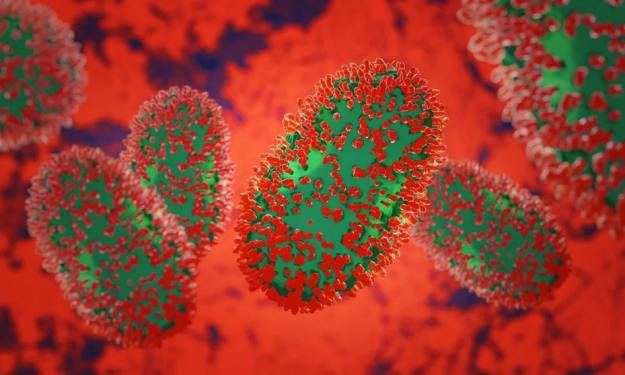3 Important things after recovering from Covid-19
When your COVID-19 symptoms were at their worst, you were probably solely focused on the basics: resting, hydrating and monitoring yourself for worsening symptoms.

At the point when your COVID-19 side effects were even from a pessimistic standpoint, you were likely exclusively centered around the essentials: resting, hydrating and checking yourself for demolishing manifestations.
Presently, as your street to recuperation becomes more clear and more clear, you might be considering what your "new typical" will appear as though when your indications die down. Dissimilar to the normal sicknesses you're utilized to, similar to a cold or this season's virus, COVID-19 accompanies a couple of additional question marks.
How long will I be infectious? Would it be advisable for me to be stressed over these waiting side effects? Does this mean I don't need to get inoculated or wear a cover any longer?
Here to assist you with getting what life resembles in the wake of recuperating from COVID-19 is Dr. Joshua Septimus, academic administrator of clinical medication and clinical head of Houston Methodist Primary Care Group Same Day Clinics.
Try not to venture out from home while you're as yet infectious
An individual with COVID-19 is believed to be generally infectious in the days quickly paving the way to side effect beginning (also known as, the presymptomatic period) and all through the initial a few days of their indications.
However, it can require a few additional days for an individual's invulnerable framework to in reality clean the infection off of the body.
"Most investigations show that before 10 days' over of disease, your body has cleared the dynamic infection," says Dr. Septimus. "An individual with COVID-19 is reasonable as of now not infectious following 10 days have passed since testing positive for Covid, and 72 hours after goal of their respiratory manifestations and fever," Dr. Septimus clarifies.
With regards to remaining at home long enough to guarantee you're at this point not infectious, adhere to these rules:
Assuming you had indications, the models for finishing segregation include:
- 10 days have passed since your side effects initially started and
- 24 hours with no fever without the utilization of fever-lessening prescriptions and
- Your other COVID-19 side effects are improving
Assuming you were asymptomatic, the standards for finishing segregation include:
- 10 days after your positive viral test
This implies that, regardless of whether your side effects are clearing up and you're feeling much improved, you really must keep adhering to segregation rules to guarantee you don't spread COVID-19 to other people.
A few indications might endure longer than you'd like
Coronavirus accompanies a really considerable rundown of side effects — the most well-known being fever, dry hack and windedness.
Both the seriousness and span of these manifestations differ from one individual to another, yet a few side effects are bound to endure very much into your recuperation period.
"A few side effects of COVID-19 wait longer than others," says Dr. Septimus. "Specifically, weariness and loss of taste and smell can continue past the time of infection."
While awkward and additionally badly designed, Dr. Septimus adds that these waiting manifestations are straightforward for a great many people.
You actually need to get inoculated or get your supporter, wear a cover and social distance
Resistance is muddled and, indeed, you can in any case get reinfected with COVID-19.
Truth be told, a new report observed that unvaccinated grown-ups were twice as prone to get reinfected with COVID-19 than the people who got immunized after they'd recuperated from their sickness.
"We actually know very little with regards to the invulnerable framework's reaction to this infection, including how long defensive resistance could possibly endure," Dr. Septimus cautions. "What we do have an unmistakable comprehension of is the solid security that immunization incited insusceptibility gives."
What's the significance here for you?
Indeed, even subsequent to recuperating from COVID-19, you should get immunized and keep on rehearsing the preventive estimates that shield yourself as well as other people from the infection, including social removing, wearing a veil and cleaning up consistently.
For the people who are inoculated and experience an advancement disease, you'll in any case need to get a COVID sponsor. Assuming you are 18+, it's prescribed that you hold back to get a supporter until about a month after disease and the suggested time has passed since your essential series of either Pfizer or Moderna (a half year) or J&J (2 months). Individuals who got monoclonal antibodies as a feature of their COVID-19 treatment plan should stand by 90 days prior to getting a COVID sponsor.
"The all inclusive safeguards that assist with forestalling the spread of COVID-19 are only that — widespread," Dr. Septimus adds. "We are in general in the same boat, and we as a whole are liable for protecting our local area. All of us needs to avoid potential risk truly, whether or not you've as of now had COVID-19 or not."
About the Creator
Tanjina Roksanova
Born and live in London. Ambassador of Molnupiravir Supplier where you can buy molnupiravir. You can buy modafinil products as Modalert and Modvigil.






Comments
There are no comments for this story
Be the first to respond and start the conversation.